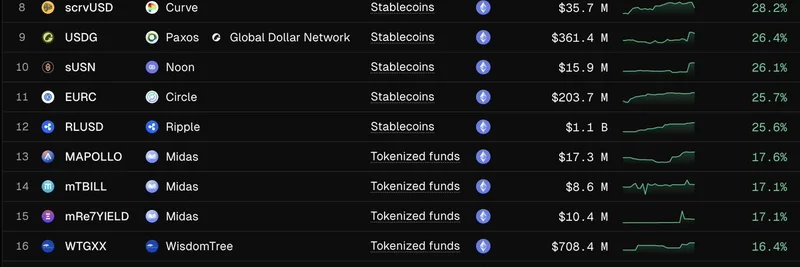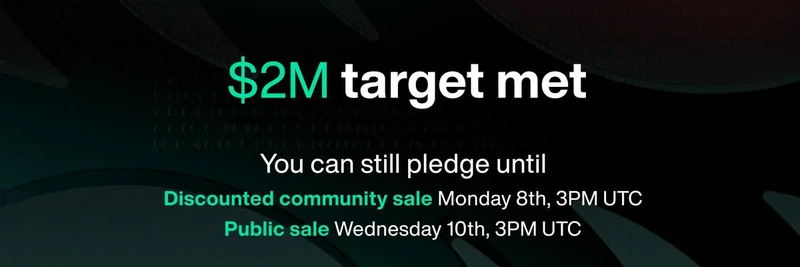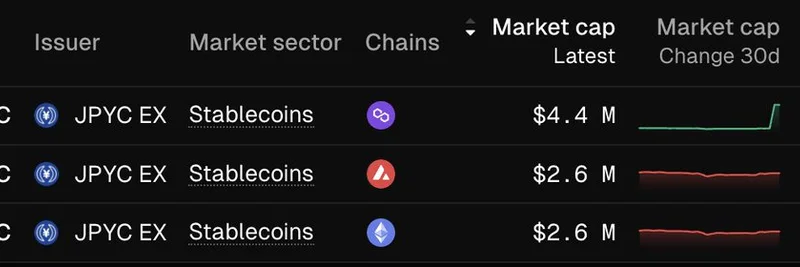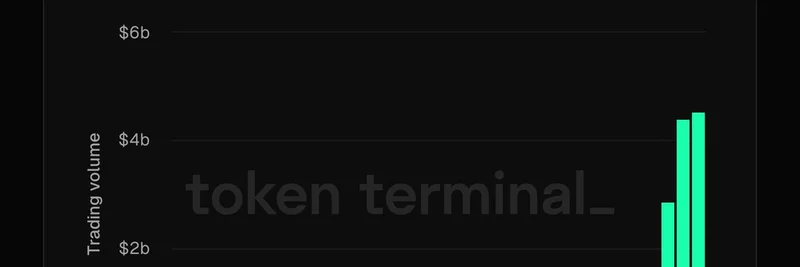Hey there, meme token enthusiasts and blockchain buffs! If you’ve been keeping an eye on the crypto scene, you might have stumbled across an intriguing tweet from Brian (@brian_smith_0) on July 3, 2025. The post, which has sparked a lively discussion on X, boldly claims: “Majority of crypto unicorns going forward won't write a single smart contract. Crypto startups will resemble web2 consumer apps.” Let’s dive into what this means for the future of crypto and why it’s got everyone talking.
What Are Crypto Unicorns, Anyway?
First things first—let’s break it down. A “crypto unicorn” is a blockchain or cryptocurrency company valued at over $1 billion. Think of them as the rockstars of the crypto world, like the big names shaping decentralized finance (DeFi) or non-fungible tokens (NFTs). Traditionally, these companies have relied heavily on smart contracts—self-executing agreements coded on a blockchain, like Ethereum—to power their innovations. But Brian’s tweet suggests a shift is coming.
The Move Away from Smart Contracts
So, why might crypto unicorns ditch smart contracts? The replies to Brian’s tweet offer some clues. Users like @PumpSonar and @Don_Coineone point to a growing emphasis on user experience (UX). Imagine trying to use a super complex app with no clear instructions—frustrating, right? That’s how many blockchain apps feel today because of the technical know-how required to interact with smart contracts. The future, it seems, lies in making crypto seamless, much like the apps we use daily on our phones (think Instagram or Uber).
This shift mirrors the evolution of Web2—think of it as the internet we know today, with easy-to-use interfaces and apps built by companies like Google or Facebook. Instead of users needing to understand blockchain’s inner workings, crypto startups might hide that complexity behind a friendly facade. As @boofedintern put it, the “killer app” will be one where you don’t even realize you’re using crypto!
What This Means for Blockchain Practitioners
For those of you in the blockchain space, this is a game-changer. If crypto unicorns start resembling Web2 consumer apps, the skills needed might shift too. Coding smart contracts in languages like Solidity might take a backseat to designing intuitive interfaces or integrating blockchain via APIs (application programming interfaces). Check out IdeaSoft’s insights on bridging Web2 and Web3 for a deeper dive into how this transition is happening.
This doesn’t mean smart contracts are dead—far from it! They’ll still power the backend, ensuring trust and transparency. But the focus will be on making them invisible to the end user. As IBM explains, smart contracts are already being simplified with templates and tools, paving the way for this evolution.
The Buzz on X
The thread on X is buzzing with opinions. @Sigwoofsol even threw in a hilarious meme from Adult Swim asking, “Do you want to develop an app?”—a playful nod to the idea that app development might overtake contract coding. Others, like @0fcounsel, suggest we’ll move to “programs” instead of contracts, hinting at a broader technological shift. There’s also a hint of debate—@0xShuk wonders if this could be “dangerous,” perhaps worrying about security or decentralization.
Why It Matters in 2025
As of right now (10:48 PM +07 on July 3, 2025), this conversation feels timely. With 126 crypto project unicorns and growing (according to LearnCrypto.com), the industry is ripe for innovation. If these startups prioritize UX over technical complexity, we could see mass adoption—like crypto payments or NFT ownership—without users needing a PhD in blockchain.
What’s Next for Meme Tokens?
At Meme Insider, we’re excited to see how this plays out, especially for meme tokens. These playful cryptocurrencies (think Dogecoin or Shiba Inu) thrive on community and hype. A Web2-style approach could make them more accessible, turning them into mainstream apps rather than niche experiments. Keep an eye on our knowledge base for the latest updates!
So, what do you think? Is this the future Brian predicts, or will smart contracts hold their ground? Drop your thoughts in the comments—we’d love to hear from you!




